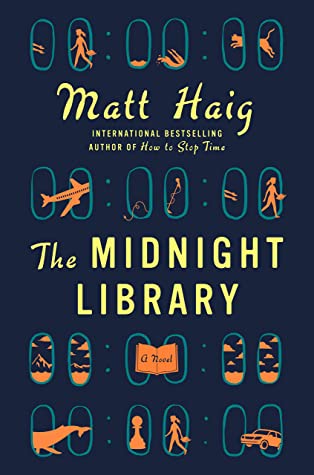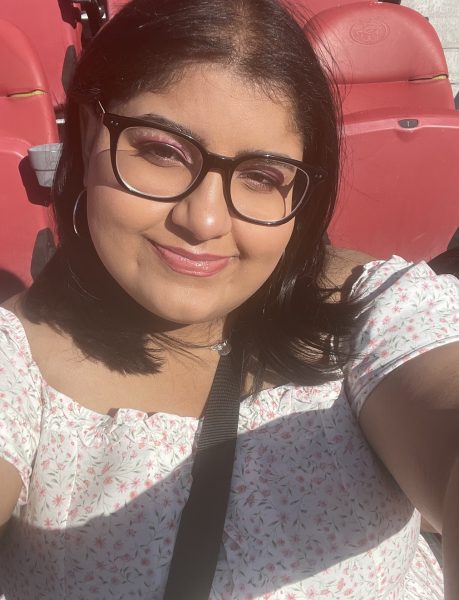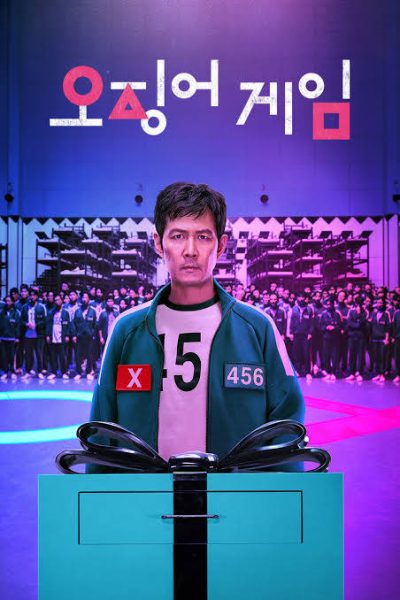Midnight Library
Book Review

The recurring question of “What If?” is something that we all hate and find intriguing at the same time. We often try to resist asking if one thing had gone differently, would everything be different today? It becomes increasingly frustrating when we know that we will never be able to see something pan out differently. The “Midnight Library” by Matt Haig would beg to differ. Released on August 20, 2020, this book of “what if’s” allows readers to open their minds and dive deeper into the two-worded phrase.
We start the book with a young woman named Nora Seed, who is on the verge of making a terrible decision. Losing her job, best friend, and as well as her brother, she is irretrievably sad. Her everyday relationships are in shambles, she is dreading living another day, and seeing the world without her. So, she takes her life.
Then, Nora wakes up, in a library. The Midnight Library is what she learns it’s called, is the place people go when they find themselves hanging on between life and death and not entirely sure which way to go. The library is immense, with shelves filled with books that go on for miles. It’s endless. Nora’s childhood librarian, Ms. Elm, makes Nora even more confused about where she is, and what’s happening. They greet each other and discuss the elephant in the room. “Every life contains many millions of decisions,” says Mrs. Elm. Nora starts to realize what is going on.
As a place, the Midnight Library isn’t a library (of course) but is instead a lecture and learning place in parallel universe theory. It’s like a therapy session, but without you knowing, the therapist and the couch. It is a place of regret and possibility. Everyone has at least thought what life would be like if only…
Nora Seed has. The amount of guilt and regret she has. Her endless “What If’s” start to pile up in her head. This is a place where she has the lifetime chance to find out. When she gets to choose when this ends, Nora goes into different lives and universes where she made different choices. The ultimate goal is erasing those regrets and finding a life where she is comfortable.
When asked about why he wanted to write this, Matt explained, “I wrote it as a kind of self-therapy for me.” Haig had no intention or interest in writing this book. He says that the book is not supposed to be all rainbows and sunshine, but what’s to tackle everyday thoughts in a way where it starts to become normalized. The idea for the library came to him because of the fact that in a library you are surrounded by different stories, perspectives, and genres. Every book means something different. Every book has a different life.
Reading the Midnight Library feels like looking in the mirror. This book discusses taboo subjects such as depression and anxiety in such a way that correctly represents real emotions. Often in books, the representations are never realistic, but the way the words are on the page makes you feel heard, makes you feel as if you’re not the only one who feels this way. We vicariously live through media to escape real life. This book represents real life in a way that is still fiction. As a result, readers all over the world can open the book to escape reality. Many on the app Goodreads say how this story is plain, and it does not play out how it should, however, many don’t know that that is the intention. Haig makes the reader understand how this type of mentality works. This is also a reflection of Nora’s character. She doesn’t know what she wants, she’s plain and normal. That’s what makes this plot work. Usually readers think that plots have to be very extreme, with twists and turns but that is not the case. Haig’s writing is straightforward, showcasing the journey of regret and acceptance. After reading this book, readers will see that the only thing one truly needs to change is the one thing we have complete control over; our outlook.

Chahat Kapoor is currently a junior at Lincoln High School. This is Chahat's second year in journalism, her first editing. She is vice president for Women...






